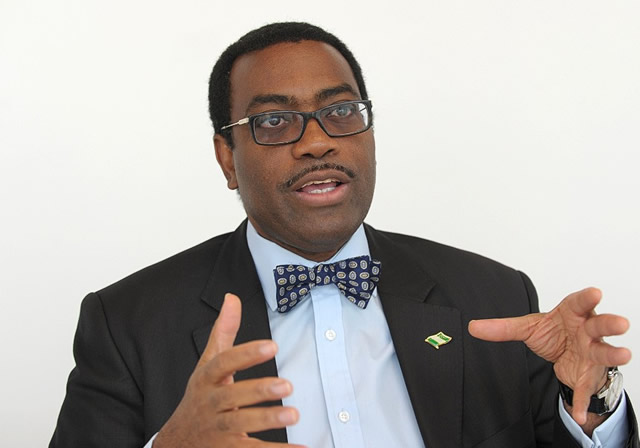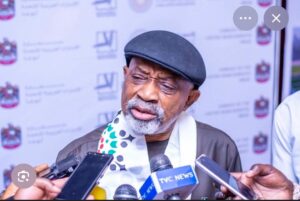
Presidency rejects Adesina’s comments on Nigeria’s economic growth
The Nigerian Presidency has disputed recent comments by African Development Bank (AfDB) President, Dr. Akinwumi Adesina, concerning the nation’s economic trajectory since gaining independence. Adesina, in a widely circulated statement, asserted that Nigeria’s GDP per capita was notably higher in 1960—estimated at $1,847—compared to its current figure of $824, implying a deterioration in the standard of living for citizens.
However, the Presidency has challenged the accuracy of these claims and the conclusions drawn from them.
In a rebuttal issued by Bayo Onanuga, spokesperson for President Bola Tinubu, the Presidency criticized Adesina for what it described as inaccurate and poorly researched claims, comparing his remarks to political rhetoric. The statement said Adesina’s assertion was “unverifiable” and lacked due diligence, pointing out that in 1960, Nigeria’s GDP per capita was actually about $93 based on a total GDP of $4.2 billion and a population of nearly 45 million.
The Presidency emphasized that Nigeria’s GDP only began to grow substantially in the 1970s due to oil revenue. By 1981, per capita income peaked at $2,187 but soon dropped. The figure hit a record high of $3,200 in 2014 following a rebasing of economic data.
Furthermore, the Presidency criticized Adesina for basing conclusions about poverty and development solely on GDP per capita, arguing that the metric fails to account for key aspects like wealth distribution, informal economic activity, and improvements in healthcare, education, and infrastructure.
Highlighting advancements since 1960, the statement pointed to expanded access to education, improved healthcare, a modern transportation system, and the widespread availability of mobile phones and digital services—contrasting sharply with the limited infrastructure at independence.
Using MTN’s success in Nigeria as an example, the Presidency argued that GDP figures do not always reflect a country’s true economic potential or living standards, citing how early consultants underestimated the viability of the telecom market based on GDP data.
In conclusion, the Presidency insisted that despite challenges, Nigeria has made substantial progress since independence and warned against drawing simplistic conclusions from incomplete economic indicators.
Share your story or advertise with us: Whatsapp: +2348033202396 Email: sentinelnewsng@gmail.com








